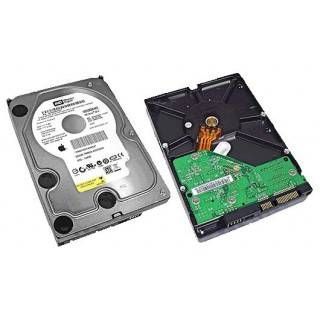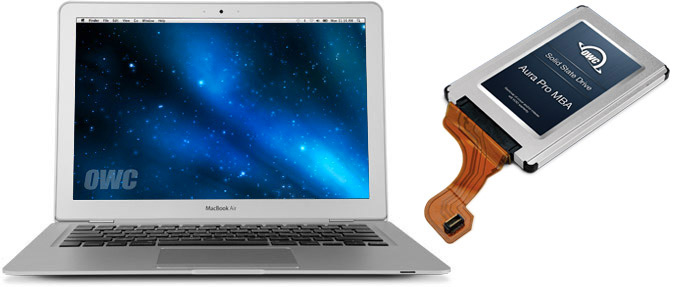

- 2009 MAC HARD DRIVE UPGRADE INSTALL
- 2009 MAC HARD DRIVE UPGRADE PRO
- 2009 MAC HARD DRIVE UPGRADE SOFTWARE
Since they’re so small to begin with in most cases, the only time old apps will really eat up space is if you’ve got a ton of applications installed.

When iTunes installs application updates from developers, both the new and outdated versions remain on your computer. The final (and admittedly least effective) step towards cleaning up your Mac’s hard drive is deleting old versions of iPhone applications downloaded from the App Store. If you ever need to restore your iPod or iPhone back to factory settings, iTunes will automatically download the latest version.
2009 MAC HARD DRIVE UPGRADE SOFTWARE
You can select the entire contents of the iPod Software Updates folder and Trash it. Notice in my screenshot above that I have almost 2GB worth of firmware installers for my 1st generation iPod touch and even some ancient updates for the 5th generation iPod I sold over a year and a half ago! There’s no reason for all of these files to still be here, so out they go. To track down these mammoths, navigate to > Library > iTunes > iPod Software Updates. Select the File Name option, press the + button on the right, select “System files” from the first drop-down menu, and select “include” from the second menu.
2009 MAC HARD DRIVE UPGRADE INSTALL
In order to install a 2.5 SSD into an iMac, you need to use a special adapter.
2009 MAC HARD DRIVE UPGRADE PRO
Depending on your photo management software of choice (iPhoto, Aperture, etc.), the location of this folder may vary. Upgrading the hard drive in a Mid-2010 MacBook Pro is relatively simple, just follow the iFixit guide and you’ll be fine. Deleting the iPod Photo Cache folder is all there is to it. If you’ve ever synced photos from your computer to your iPod/iPhone, there’s a good chance you’ve got some space to be recovered. Here’s what you need to know to do the deed: There are three main areas where you can clear out the clutter brought on by your iPod or iPhone - photo caches, software updates, and mobile applications. In real life use, however, they’re not really needed and can unnecessarily take up a good chunk of disk space. These generally make syncs with iPods & iPhones quicker and help set things straight if a factory restore needs to be done. How are they related? In order to keep things running smoothly, iTunes generates a series of caches and backups which reside on your Mac. That’s a massive number of potential stuffed Mac hard drives. Just about 200 million iPods have been sold since the iconic device’s unveiling in October 2001, with another 17 million iPhones since June 2007. No problem - it’s very likely you’ll be able to easily free up a gigabyte of space or more!

You may not realize it, but some of your Mac’s valuable disk space might be eaten up by caches and old files created by that iPod/iPhone of yours.


 0 kommentar(er)
0 kommentar(er)
